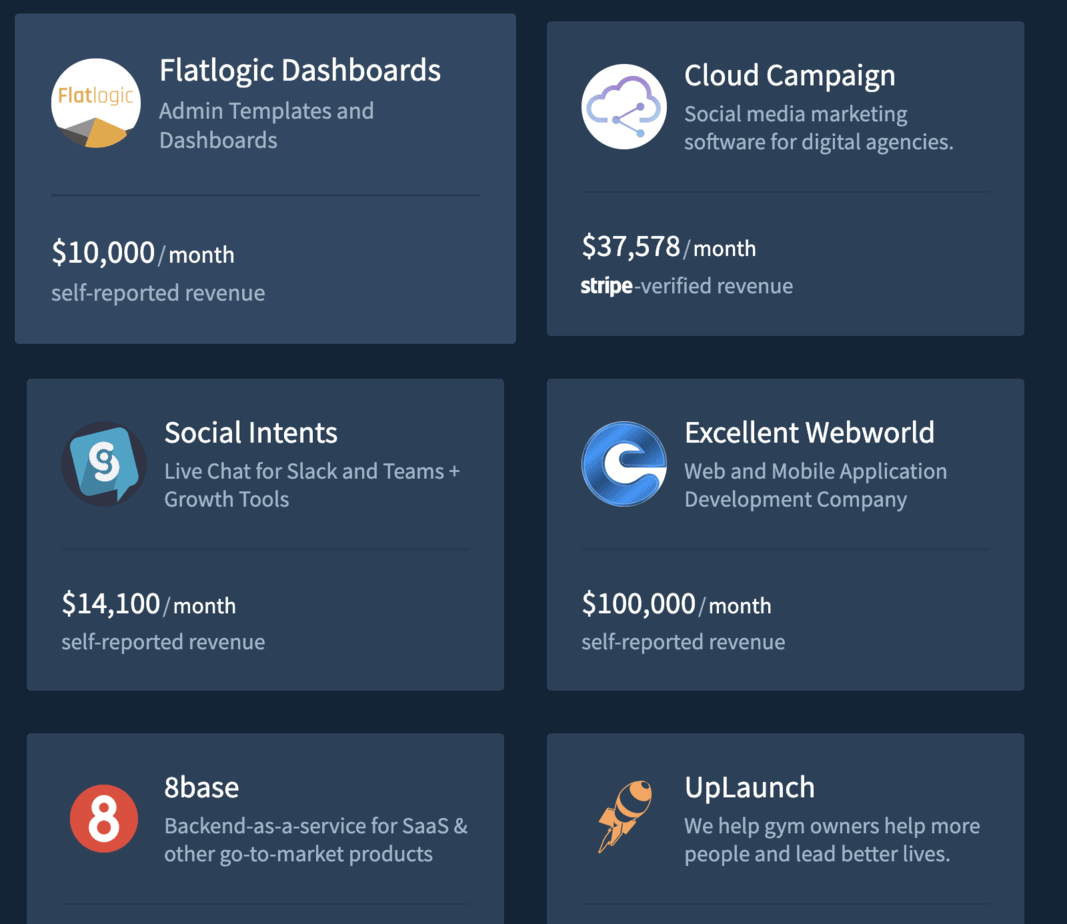Note: This post may contain affiliate links which means if you click on a link and purchase an item, we will receive an affiliate commission at no extra cost to you.
In this clip from Episode 2 of the WeNomad podcast, Neel Parekh and I talk about delegating and outsourcing in business to maximize productivity.
For more, watch the full 45-minute episode here. Aside from scaling businesses, we also talk about digital nomading, travel styles, and navigating Chiang Mai as a digital nomad.
Key Takeaways:
- The people you’re hiring don’t necessarily have to be 100% capable of doing tasks perfectly. If you’re able to hire people who can do a task 75-80% as well as you can do it, that’s enough to keep the business running and help you feel less overwhelmed.
- Developing a mentality of “I have to do everything myself” is a common trap that many entrepreneurs fall into. Viewing delegation and hiring as investments for the long term can help you overcome this trap.
- Learning skills in delegation and hiring can help you reach the next level in your business. Be open to change and try new things in order to grow your business.
Video Transcript:
Cam:
I’ve been going through a big shift lately. I’ve historically been a control freak and a doer, as I said and as you said. Lately, I’ve been delegating a lot more. I’ve been trying to hire much better people — instead of hiring executers, hiring playmakers.
I hire a lot more playmakers and give them more open-ended projects. Instead of defining things tightly for people, I’m giving people more open-ended projects and letting them run with them. I’m also just giving up control of it.
And I don’t know if Zuckerberg or Elon Musk would like this answer, but I’d rather have someone else who does something 75-80% as well as I think I can do it than to do it all myself. Especially if the difference between 75 and 100% on that task isn’t do-or-die for the business.
I’d rather have 10 people who I think are somewhere in the 75-80% range, rather than myself doing everything and stuff falling through the cracks because I’m overwhelmed.
Neel:
Here’s a good hypothetical to run through:
Would you rather have a $1 million business where you’re involved in it — maybe not 40 hours a week, but you’re still hyper-involved in it — or would you rather have a $500,000 business but you’re not involved in them at all.
Cam:
I’m taking the $500,000 business.
Neel:
Same.
Cam:
If you build one without you in it, then you should be able to build another one without you in it. Or you can free up your time to do whatever.
I think that’s where for me — delegating and hiring — I’ve viewed in the short term those as being investments for the long term. Even if I’m not in the business, I’m not getting the stuff perfect.
If I master these skills of delegating and hiring, those are the skills to get to the next level.
Neel:
I could see why we develop this mentality. Because at the beginning of our business, in most businesses, you’re doing everything and you’re probably hiring cheaper labor, which you have to tell them what to do.
So over X number of years, you just get into this role of, “This is how business works. I have to direct people in order to have them do what I want to do.”
Versus, I’m wondering Cam, if we hired doers and the high-level people from the beginning, assuming we had money. I wonder if our mentality would be very different because we’d have seen at the beginning of the business that, “Oh, it’s a success. These people are doing a lot more than I envisioned. That’s cool.”
That’s just how business runs. Versus our take was we were doing everything at the beginning. We were directing traffic and to some extent, I’m still directing traffic. That’s what I want to get out of.









Leave a Reply
View Comments